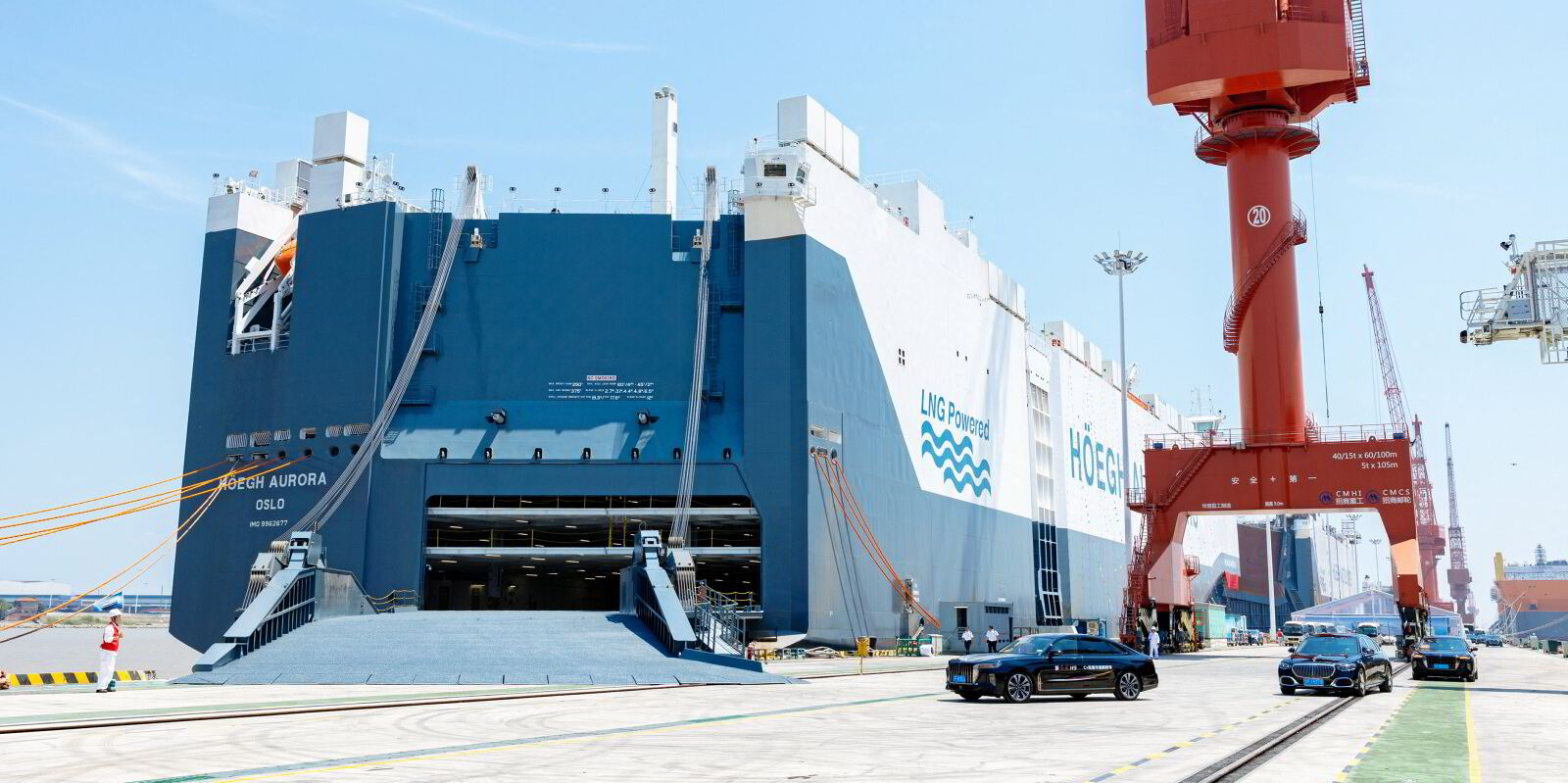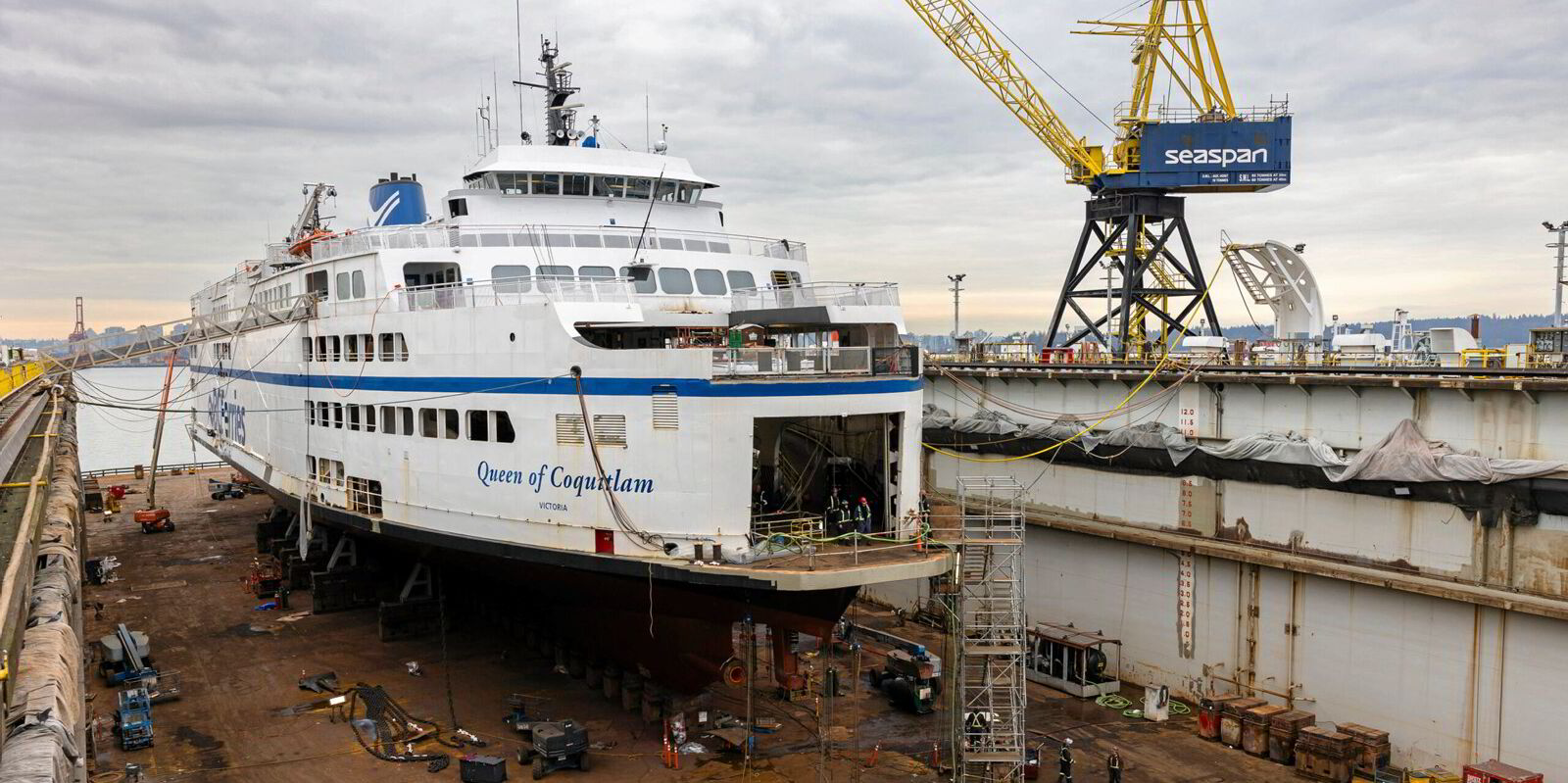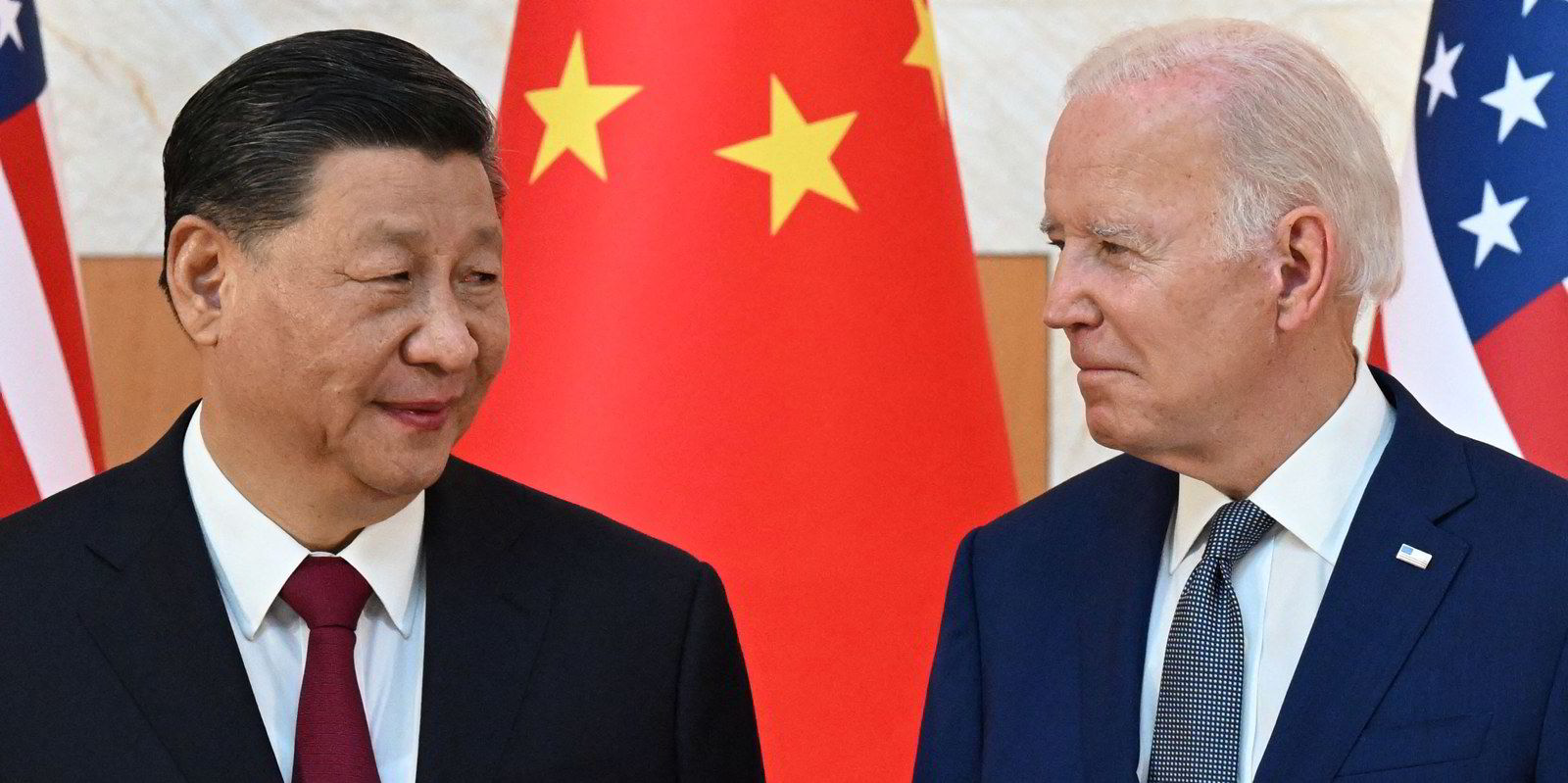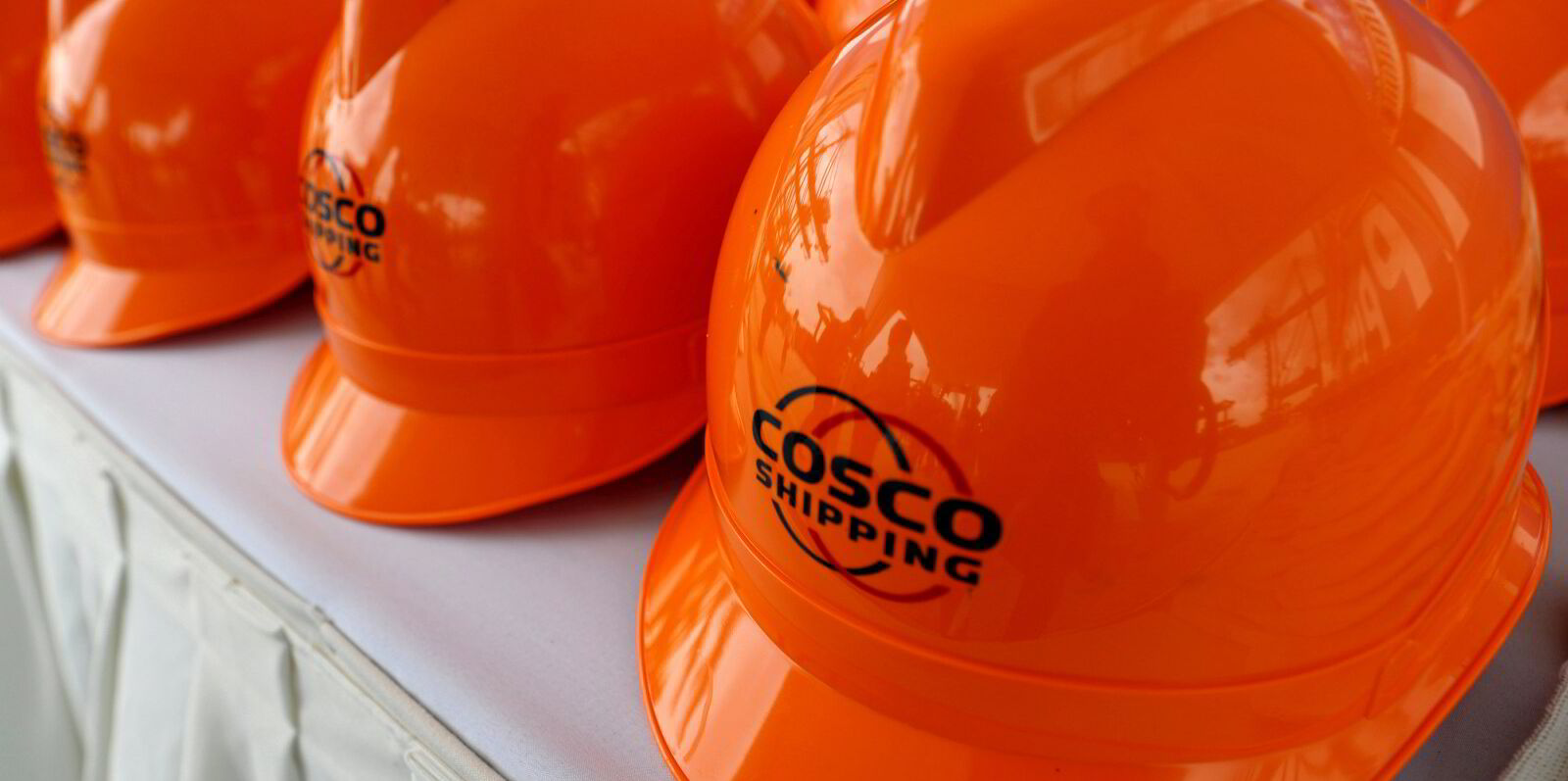A Canadian shipbuilders group has issued a call for significant tariffs on Chinese-constructed ships at a time when the US is mulling whether to take a similar step.
The proposal by the Canadian Marine Industries and Shipbuilding Association (CMISA) comes after Ottawa decided to levy a 100% surtax on Chinese-made electric cars, following duties imposed by Washington and Brussels.
If the association is successful, it threatens to put shipbuilding at the centre of a trade war between China and North America’s two largest economies.
That is because in Washington ambassador Katherine Tai, the US trade representative, is expected to decide on launching a probe in April that is also considering tariffs.
That investigation began after United Steelworkers and other labour unions, decrying what they described as unfair practices by Beijing to support the country’s shipbuilding and maritime sector, called for a port fee on Chinese-built ships that call at American ports.
CMISA has proposed a penalty that is as harsh as Ottawa’s new electric vehicle tariff.
“The CMISA calls for immediate and decisive action. We recommend the imposition of a 100% surtax on all Chinese-built ships imported into Canada and demand a clear prohibition on any government entity or crown corporation from acquiring or leasing Chinese-built vessels,” the group said.
“It is imperative that the government takes these steps to protect Canadian industries, uphold national security and ensure that our economic policies are consistent with our commitment to human rights and ethical business practices.”
Beijing’s subsidies
The group argued that China subsidises commercial ship exports to strengthen its military capabilities, building ferries and cargo vessels for the international market at the same yards that build warships that then challenge Canadian interests.
CMISA president Colin Cooke said in the statement that Chinese shipyards also have “notoriously poor” labour conditions and environmental standards, and he asserted that Canadian yards are ready to build high-quality ships and have the capabilities to do it.

“We owe it to Canadians to ensure that our critical infrastructure is built and maintained domestically, especially in light of the issues that global supply chains have been facing of late,” he said.
A spokesperson at the Chinese embassy in Ottawa could not be immediately reached for comment.
In the US investigation, the China Association for the National Shipbuilding Industry has rejected claims of unfair practices, arguing that the success of the country’s yards is a result of “comparative advantages” and the hard work of the Chinese people.
Key among the Canadian shipbuilders’ group’s complaints is a contract by ferry operator Marine Atlantic, which is owned by the Canadian government, to charter the 38,000-gt ropax Ala’suinu earlier from Stena RoRo. The ship was delivered from China Merchants Jinling Shipyard in Weihai earlier this year.
“This complex lease structure involving an option for Marine Atlantic to purchase the ship at a later date appears designed to evade public scrutiny and ethical concerns,” CMISA said.
“Few Western governments would support the construction of a taxpayer-owned ship in China, yet a Canadian crown corporation has done so indirectly through this lease.”
A Marine Atlantic spokesman was not immediately available for comment on this story.
It is not clear when the US trade representative will decide on the investigation into Beijing’s support for its shipbuilders.
But in the interim, Tai applauded Canada’s decision to impose 100% tariffs on Chinese electric cars.
Shared concerns
“We share Canada’s concerns over [China’s] unfair, non-market policies and practices and its failure to uphold labour rights, enforce environmental protections, and promote fair, market-oriented competition,” she said.
Canada’s owners of international-flag ships have voiced concern about a potential US port fee on Chinese-built ships.
The Shipping Federation of Canada told the trade representative that it strongly supports the position of the International Chamber of Shipping, which noted that upholding principles of free and fair trade is essential for efficient maritime trade.
“With international shipping responsible for the carriage of around 90% of world trade, the preservation and promotion of free trade policies and principles must be upheld globally to support a level playing field that is underpinned by principles of open and free market access and removal of restrictive trade barriers,” the Canadian shipowners’ group said.






